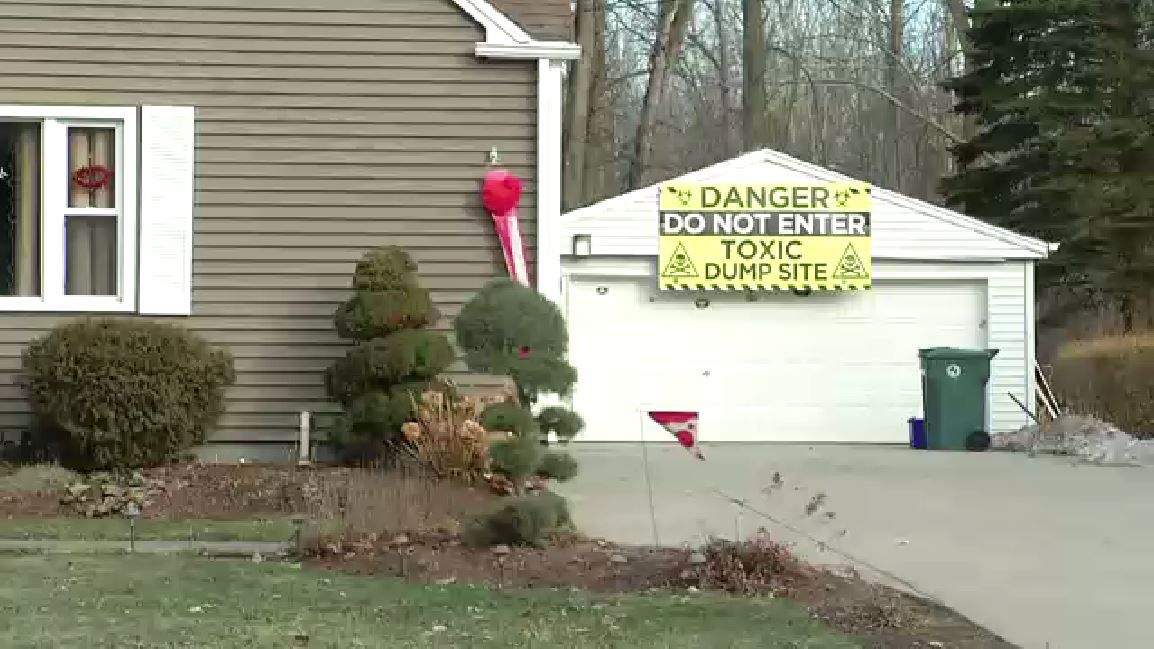WHEATFIELD, N.Y. -- The Department of Environmental Conservation this week released a summary of findings from its soil, sediment, groundwater and surface water testing around the old Niagara Sanitation Landfill, saying that landfill contaminants do not present an off-site exposure concern to neighboring properties.
"We wanted to release that information as soon as possible. We know that there is a lot of anxiety from the residents immediately surrounding the landfill, so we decided it would be best to send out a notice to those residents, indicating generally what we found," said DEC Region 9 Remediation Engineer Chad Staniszewski.
Nearby residents filed suit against the town of Wheatfield and companies associated with the Love Canal waste that was dumped in the landfill in the 1960s, alleging that the waste was leaching into their homes. One of their attorneys, Mike Stag of Smith Stag, LLC, criticized the report and the DEC's testing methods Thursday.
"That's a little confusing to me because we haven't released the report yet so, people have not received the detailed information that they would need to make that assessment as to whether we have evaluated all of the exposure pathways and transport mechanisms."
Staniszewski says that report will be finalized in the next 6-8 weeks, after which the DEC will schedule a community meeting to discuss the findings in detail. He adds that they went above and beyond with this round of testing.
"The governor directed us to do that again because of the building anxiety within the neighborhood and the neighborhood residents. So, we were directed to do that. Under typical circumstances, we wouldn't go offsite. We follow the science, and we follow where the data leads us. In this case, it does not lead us to do any additional off-site investigation," Staniszewski said.
Stag has asked the DEC to do additional testing inside residents homes.
Staniszewski says they've looked at every way contaminants can migrate off site, and in this case, has ruled them all out.
"If we don't find them in any of that media, they're not migrating, and if they're not migrating, then they can't get into the homes of those residents," Staniszewski said.
Stag also sent data to the DEC of testing his firm had contracted to be done inside the homes, which he claims showed elevated levels of Love Canal waste.
Staniszewski said it's difficult to discuss that data without fully knowing all of the testing methods and protocols. Still, while Stag says the contamination shown in the majority of the homes is high, Staniszewski sees it differently.
"It appears as though the majority of the homes had very low level concentrations in the home. There was one or two that had elevated pesticide concentrations, herbicide and pesticide concentrations, and the source of that, I'm not sure of," Staniszewski said.
As for Stag's comment Thursday that they are considering adding the DEC to its lawsuit, Staniszewski said he had no comment.






